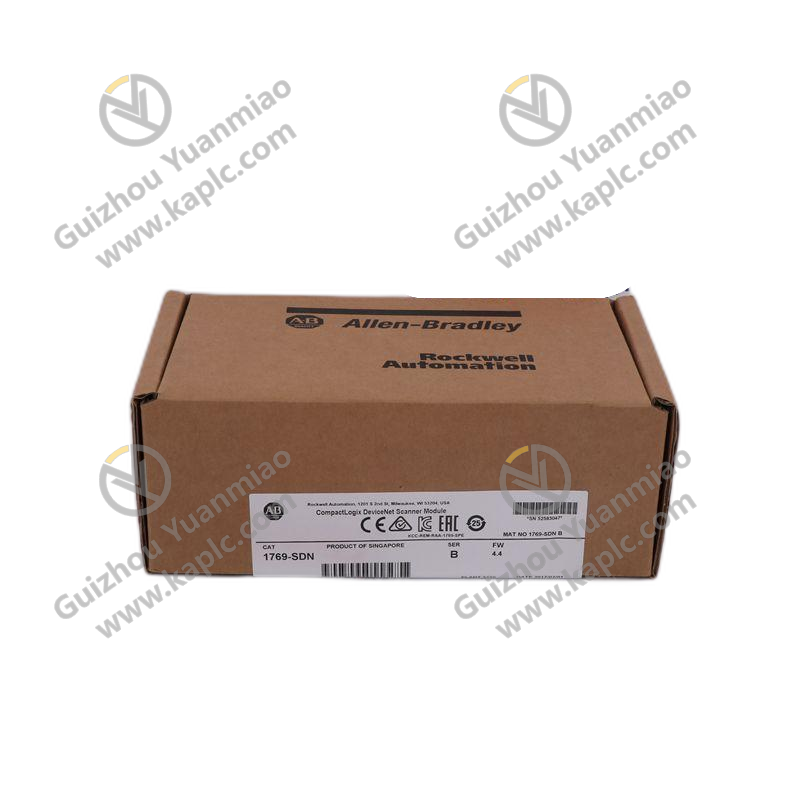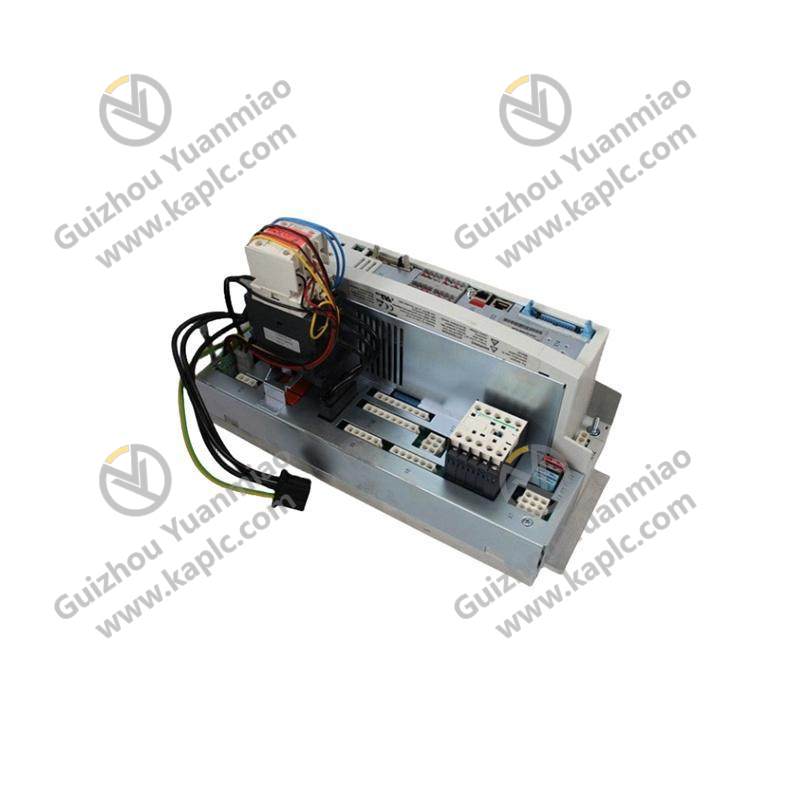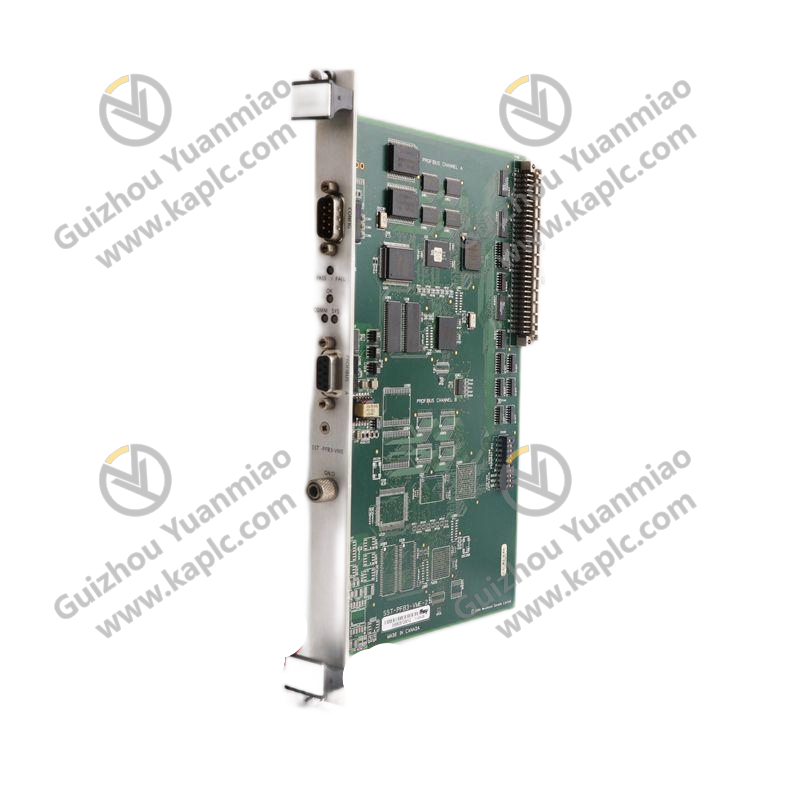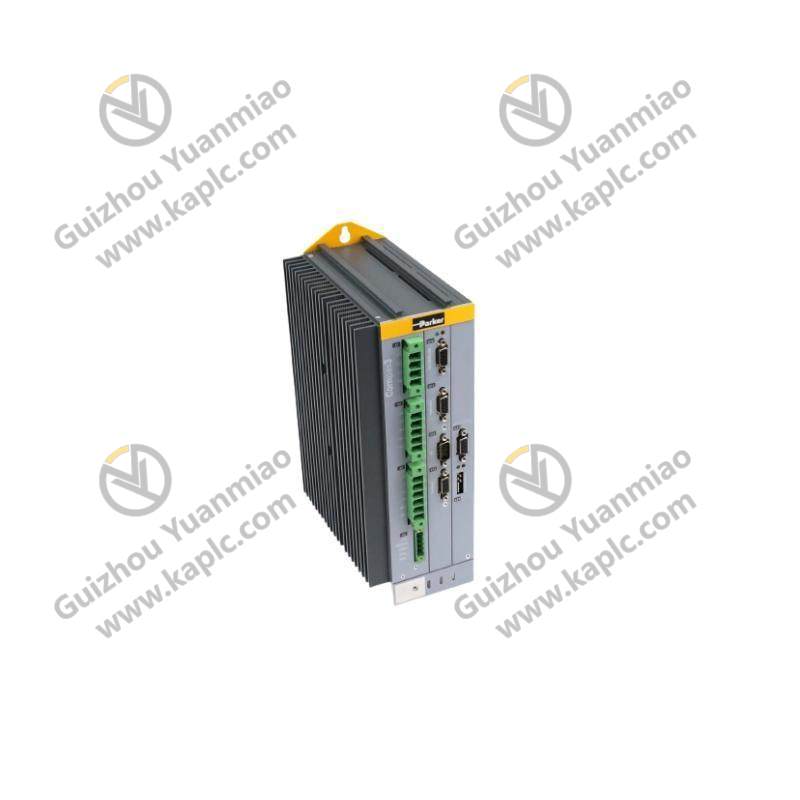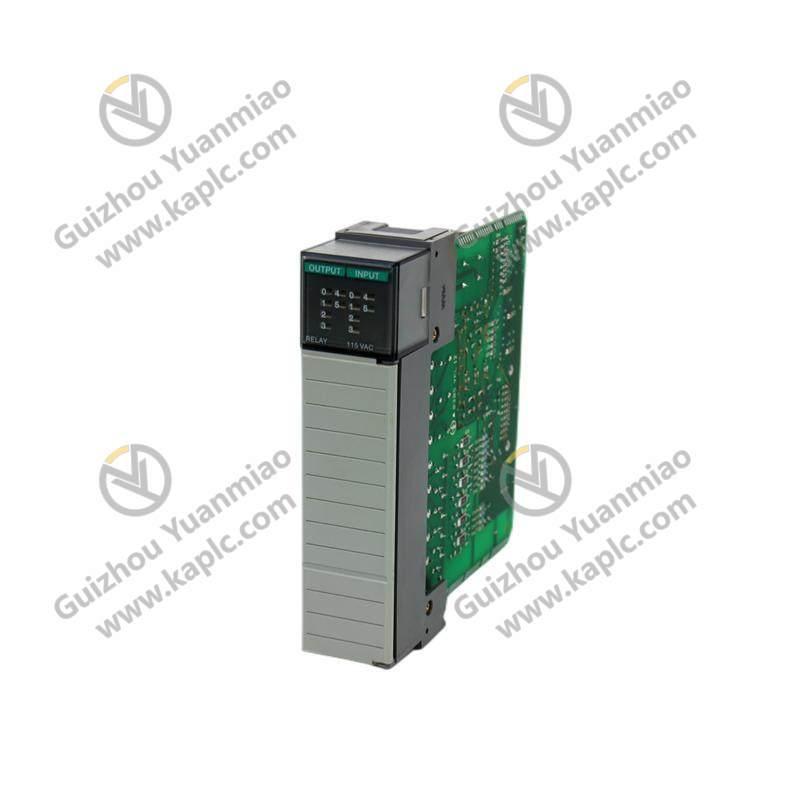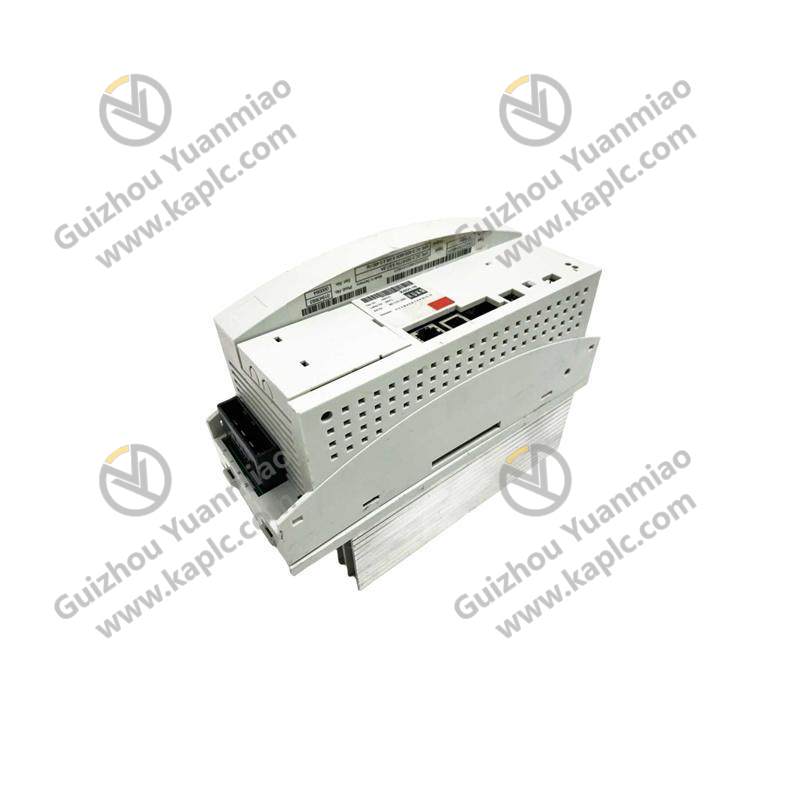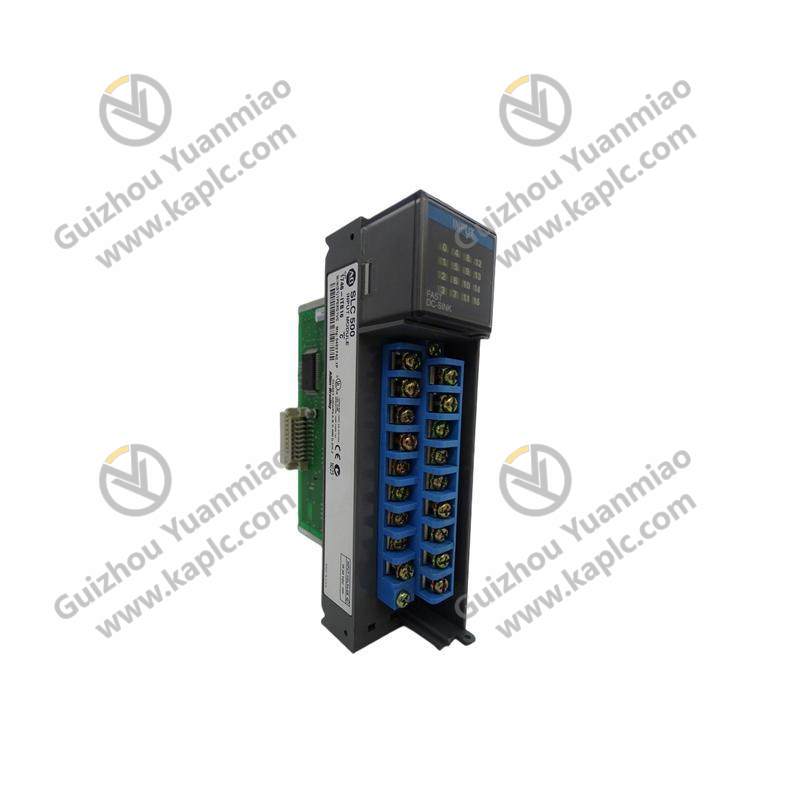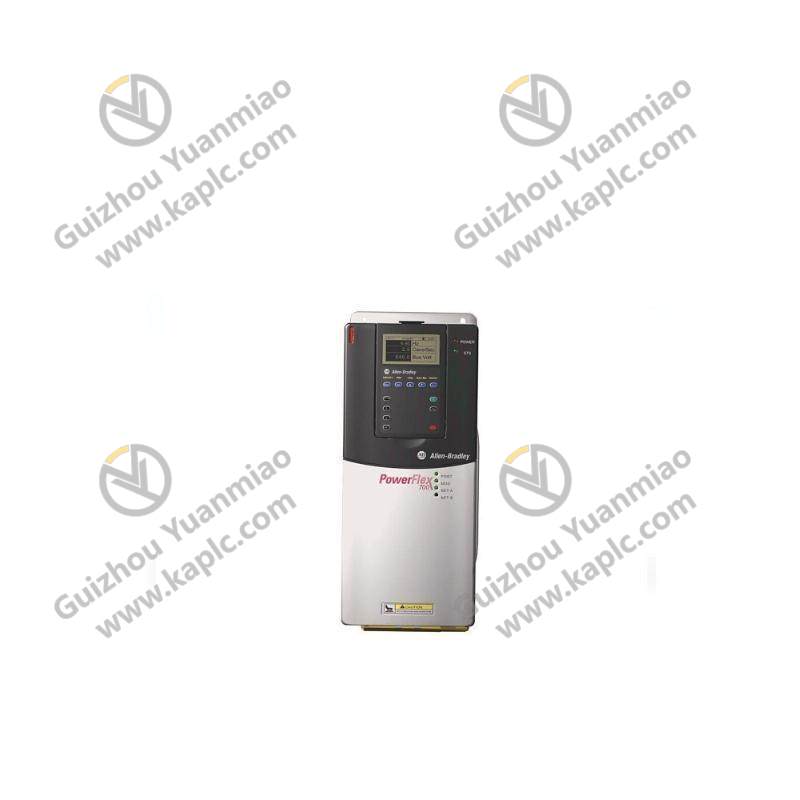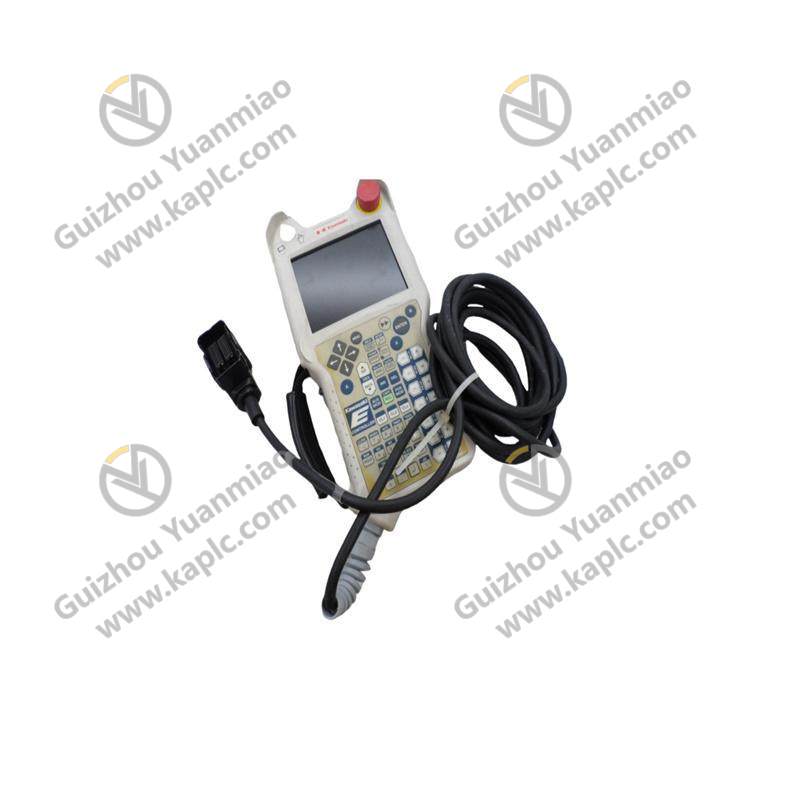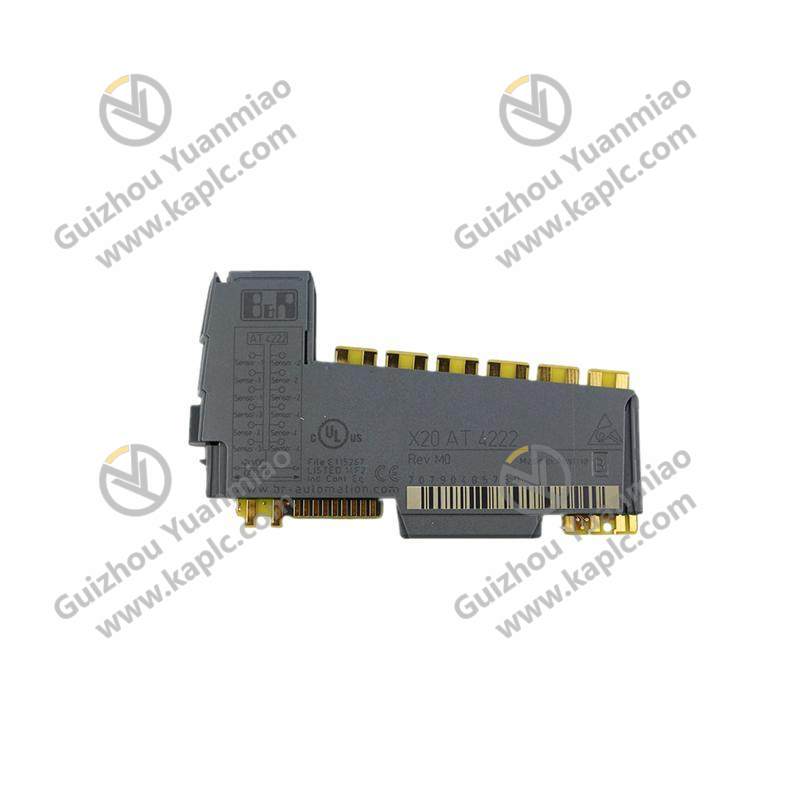AB CompactLogix 1769-SDN DeviceNet Scanner Module
Supports All CompactLogix and MicroLogix 1500 LRP Controllers:Except 1769-QBFC1B, 1769-L16x, and 1769-L18x
Ladder-Logic and Structured-Text Programming:For versatile control logic implementation
Advanced Instruction Set:Including file handling, sequencer, diagnostic, shift register, immediate I/O, and program control instructions
Multiple Main Control Programs:For segregating complex control tasks
Processor Input Interrupts and Global Status Flags:Ensuring responsive system management
Programmable Fault Response:Before system failure
Timed Interrupt Routine:For precise data examination at specific intervals
Protected Memory Selectable:By word on selected processors
512 Through 3072 Maximum Forced:Memory size options for flexible data handling
Experience unparalleled control and precision with our AB CompactLogix 1769-SDN DeviceNet Scanner Module, specifically designed for high-performance automation applications in various industries including food processing, petrochemicals, pulp and paper, automobile manufacturing, water and wastewater treatment, oil and gas extraction, and power generation.
Featuring support for CompactLogix and MicroLogix 1500 LRP Controllers, this scanner module ensures compatibility across multiple platforms, enhancing operational flexibility and efficiency.
Leverage advanced ladder logic and structured text programming for versatile control strategies and enhanced system management.
With its comprehensive instruction set, including file handling, sequencer, diagnostic, shift register, immediate I/O, and program control instructions, this module offers a robust foundation for complex automation tasks.
Seamlessly segregate control tasks through multiple main control programs, optimizing resource allocation and improving operational efficiency.
Innovative fault response mechanisms enable proactive system protection, minimizing downtime and ensuring continuous operation.
Enhance system responsiveness with timed interrupt routines, enabling timely examination of critical information and facilitating efficient data processing.
